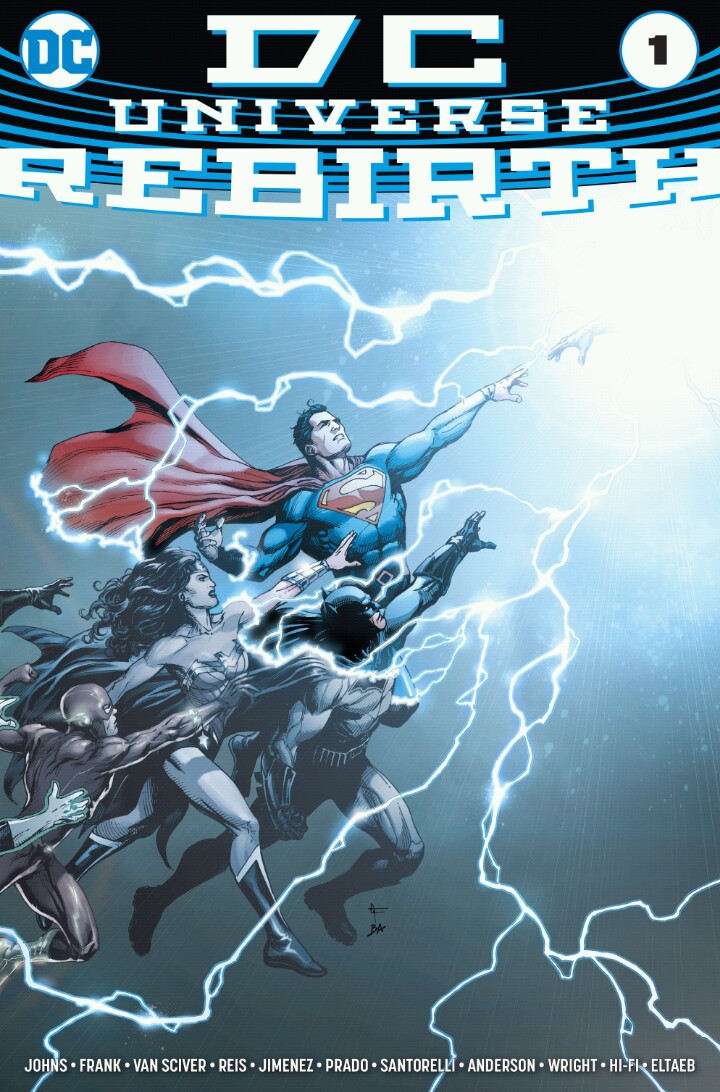|
by Sucheto Nath I had a funny idea before bed one night in late May, so I posted the following status on Facebook. I was only half-joking, actually, because a connection had occurred to me; but what surprised me is how seriously people reacted. A friend who studies English said she’d slap me; a meme-maker said Beowulf was an anime; everyone else unironically mansplained the poem’s origin, or posted a picture of an otter saying ‘No’. Personally, I should be flattered, because I’ve been thinking that perhaps everything I say is misconstrued as a joke; it’s nice to be taken seriously by so many people for a change. Not only did they not realise that the emoji was there for irony, but, in all modesty, it is slightly disconcerting that about ten people who know me would think an almost-graduate of English wouldn’t know when Beowulf was written. My last line brings us to my first line of argument. For virtually all works of literature that are studied in schools and undergraduate programs, we have a fixed, or at least approximate, date of composition. This is more important than is immediately obvious. Not only does knowing the date of publication or writing enable to us to understand the text better, we can actually pin down the work to a certain author. By declaring that one text is written by one author, within a certain time, and under certain conditions of life, we are able to say, and often do, that the meaning of the text (outer, inner, or whatever) must be understood by studying that author’s life and the time in which the book was written. When we can’t pin down a book to a certain time, things get complicated - or to put it in another way, a complicated matter becomes obvious. Beowulf is one of these poems. All that is more or less certain is that it came long after the Germanic people described by Tacitus. It describes the coming of Scyld, which seems to be more legend than fact. It mentions Hengest and the Battle of Finnsburh, which happened around 450 CE. The extant text is in West Saxon, so the poem as it now exists was probably not written in the early years of Anglo-Saxon life in England. There are strong aspects of oral poetry and epic heroism, but also passages that were written by a Christian. Again, the depiction of Danes suggests that Beowulf may have been written after the establishment of the Danelaw. Even assuming that we can separate a core text from later interpellations by Christian scribes, when can we say it was written - or, as we must say, composed? In fact, can Beowulf be pinned down to a written text, or do we have to treat the poem as an amorphous object? Now that’s enough of serious talk. Let’s see why Beowulf is clearly an American poem.
0 Comments
by Tarique Ejaz "Sometimes some things can't be saved. You need to know what is worth saving and what is not."
|
Categories
All
Archives
December 2022
|


 RSS Feed
RSS Feed
